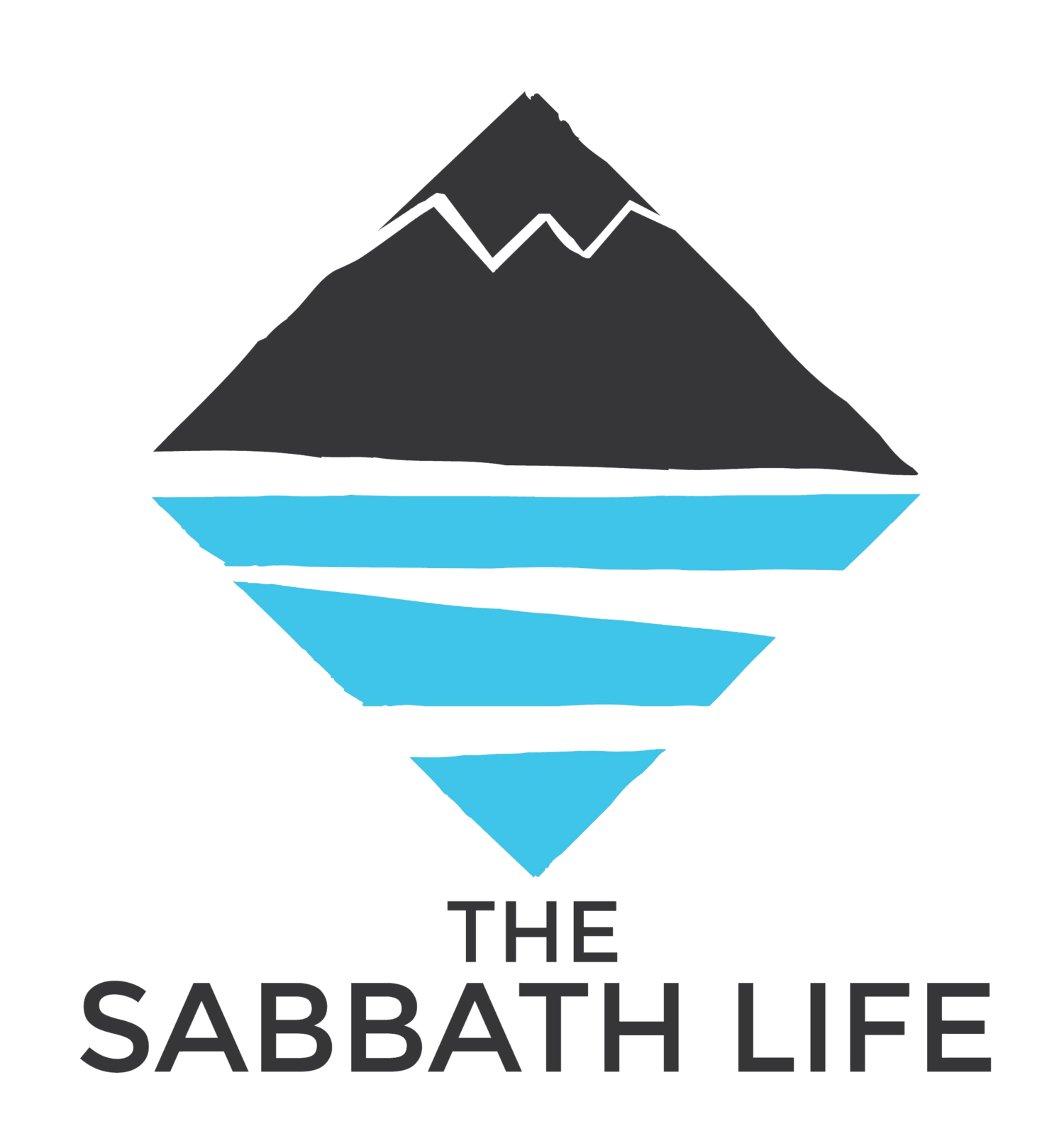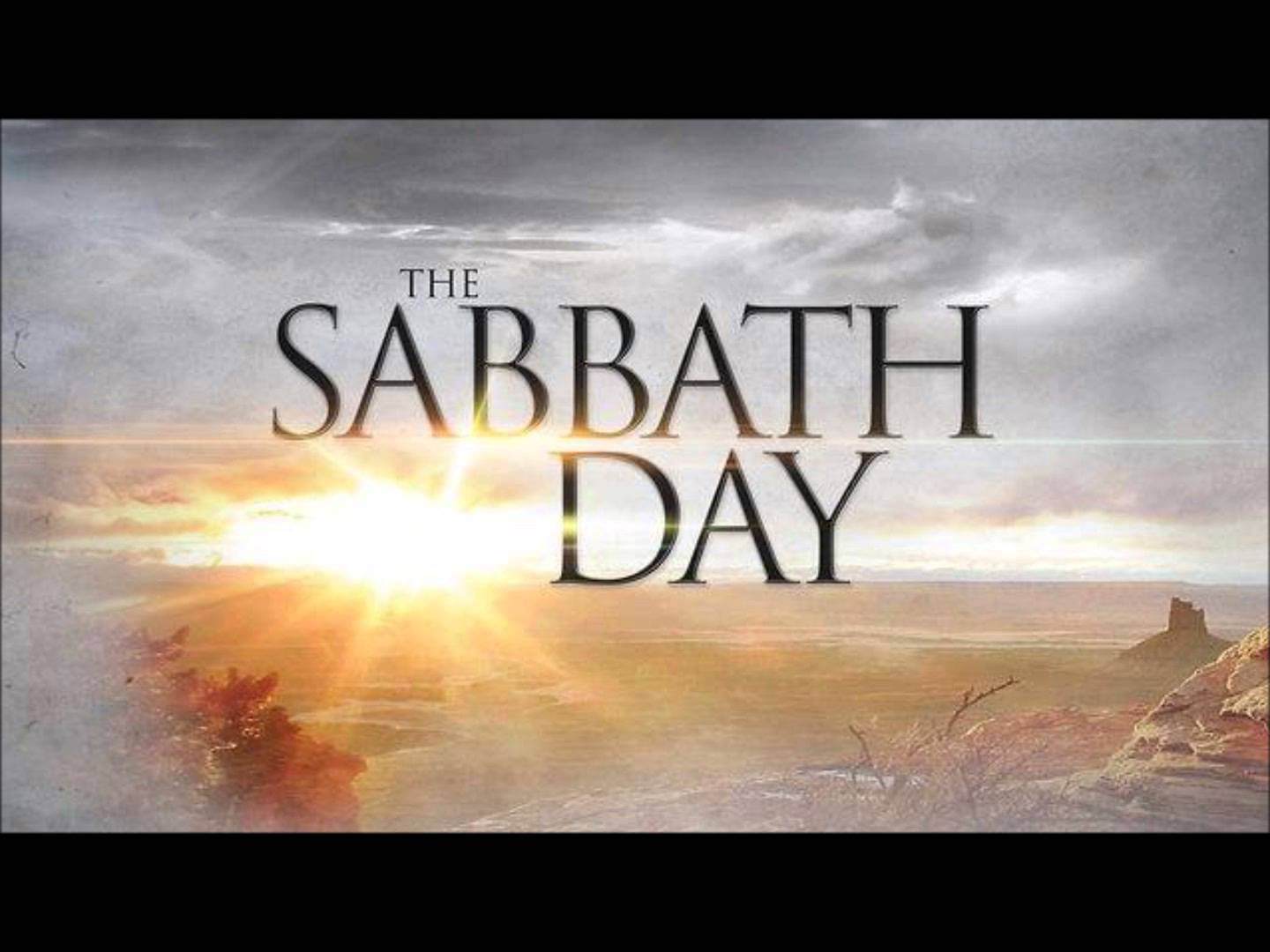When does Sabbath start? This question often arises among those exploring religious traditions, spiritual practices, or cultural customs tied to the Sabbath. For many, the Sabbath is a sacred time of rest, reflection, and rejuvenation, observed in various ways across different faiths and communities. Understanding when the Sabbath begins is not only essential for religious adherence but also for appreciating its deeper meanings. Whether you're new to the concept or seeking clarity, this article will explore the origins, traditions, and significance of the Sabbath, answering your questions and providing practical insights.
The timing of the Sabbath varies depending on the faith or community observing it. For example, in Judaism, the Sabbath begins at sunset on Friday and continues until nightfall on Saturday. In Christianity, the Sabbath is often observed on Sunday, commemorating the resurrection of Jesus Christ. Meanwhile, in other traditions, the Sabbath may fall on different days or follow unique customs. Regardless of the specific practices, the Sabbath serves as a time to pause from daily routines and focus on spiritual growth, family, and community.
Delving deeper into the topic, we'll uncover the historical roots of the Sabbath, its role in modern life, and how it is celebrated across cultures. Whether you're curious about its biblical origins, its significance in contemporary society, or practical tips for observing it, this guide will provide a comprehensive overview. By the end, you'll have a clear understanding of when the Sabbath starts and how it can enrich your life.
Read also:What Are 1blasters And Why Should You Care
Table of Contents
- What Is the Sabbath and Why Does It Matter?
- When Does Sabbath Start in Different Traditions?
- How Is the Sabbath Celebrated Around the World?
- What Are the Biblical Roots of the Sabbath?
- Why Is the Sabbath Important in Modern Life?
- How Can You Prepare for the Sabbath?
- What Are Common Misconceptions About the Sabbath?
- Frequently Asked Questions About the Sabbath
What Is the Sabbath and Why Does It Matter?
The Sabbath is a day of rest and spiritual reflection observed by various religious and cultural groups worldwide. Its origins trace back to ancient traditions, where it was seen as a divine commandment to pause from labor and focus on spiritual renewal. The concept of the Sabbath is deeply rooted in the idea of setting aside time to honor the sacred, connect with loved ones, and recharge both physically and mentally.
Why does the Sabbath matter? For many, it serves as a reminder to slow down in a fast-paced world. It encourages individuals to disconnect from the demands of work and technology, fostering a sense of peace and mindfulness. Whether through prayer, meditation, or shared meals with family, the Sabbath provides an opportunity to nurture relationships and reflect on life's deeper meanings.
Moreover, the Sabbath promotes a balanced lifestyle. By dedicating a specific day to rest, individuals can prevent burnout and maintain their well-being. This practice has been embraced not only by religious communities but also by those seeking a more intentional way of living. In essence, the Sabbath is more than a tradition—it's a timeless principle that resonates with people from all walks of life.
When Does Sabbath Start in Different Traditions?
The timing of the Sabbath varies across different faiths and cultures, reflecting diverse interpretations of its origins and purpose. Understanding these variations can provide valuable insights into how the Sabbath is observed globally.
When Does Sabbath Start in Judaism?
In Judaism, the Sabbath, or Shabbat, begins at sunset on Friday and ends at nightfall on Saturday. This timing aligns with the biblical account of creation, where God rested on the seventh day after creating the world. The transition from Friday to Saturday is marked by lighting candles, reciting blessings, and sharing a festive meal with family and friends. These rituals symbolize the start of a sacred time dedicated to rest and spiritual connection.
When Does Sabbath Start in Christianity?
For many Christians, the Sabbath is observed on Sunday, commemorating the resurrection of Jesus Christ. While the timing may not follow the sunset-to-sunset model of Judaism, the essence of the Sabbath remains the same—a day set apart for worship, rest, and reflection. Some Christian denominations, such as Seventh-day Adventists, observe the Sabbath from Friday evening to Saturday evening, adhering to the traditional Jewish timing.
Read also:Why Rockabye Plush Rockers Are The Perfect Gift For Kids
How Do Other Cultures Observe the Sabbath?
Beyond Judaism and Christianity, other cultures and religions also observe a day of rest. For example, in Islam, Friday is considered a holy day, marked by communal prayers and reflection. In Hinduism, certain days of the week are dedicated to specific deities, encouraging devotees to engage in spiritual practices. These variations highlight the universal human desire to pause, reflect, and reconnect with the divine.
How Is the Sabbath Celebrated Around the World?
The celebration of the Sabbath takes on unique forms across cultures, reflecting the diverse ways people honor this sacred time. From traditional rituals to modern adaptations, these practices offer a glimpse into the richness of global traditions.
What Are Some Traditional Sabbath Rituals?
- Judaism: Lighting candles, reciting prayers, and enjoying a festive meal are central to Shabbat observance. Families often gather to sing hymns and share stories, creating a sense of unity and joy.
- Christianity: Attending church services, reading scripture, and spending time with loved ones are common practices. Many Christians also use the day to volunteer or engage in acts of kindness.
- Islam: Friday prayers, known as Jumu'ah, bring communities together for worship and reflection. The day is also an opportunity to strengthen family bonds and engage in charitable activities.
How Has the Sabbath Evolved in Modern Times?
In today's fast-paced world, many people have adapted Sabbath traditions to fit their lifestyles. For instance, some families designate a "technology-free" day to focus on meaningful interactions. Others incorporate mindfulness practices, such as meditation or nature walks, into their Sabbath routines. These modern interpretations demonstrate the enduring relevance of the Sabbath in fostering balance and well-being.
What Are the Biblical Roots of the Sabbath?
The Sabbath finds its origins in the Bible, where it is described as a divine institution established by God. According to the Book of Genesis, God created the heavens and the earth in six days and rested on the seventh, blessing and sanctifying it. This narrative serves as the foundation for the Sabbath, emphasizing the importance of rest and reflection.
How Is the Sabbath Described in the Old Testament?
In the Old Testament, the Sabbath is mentioned numerous times, particularly in the Ten Commandments. Exodus 20:8-11 instructs believers to "remember the Sabbath day, to keep it holy," highlighting its significance as a day of rest and worship. The Sabbath was also a cornerstone of Jewish law, with detailed guidelines on how it should be observed.
What Does the New Testament Say About the Sabbath?
The New Testament presents a shift in Sabbath observance, particularly among early Christians. While Jesus upheld the Sabbath's importance, he also challenged rigid interpretations, emphasizing compassion and flexibility. This shift laid the groundwork for Sunday worship, which became a central practice in Christianity.
Why Is the Sabbath Important in Modern Life?
In an era dominated by constant connectivity and relentless schedules, the Sabbath offers a much-needed respite. Its principles of rest, reflection, and community are more relevant than ever, providing a counterbalance to the pressures of modern life.
How Can the Sabbath Improve Mental Health?
Taking a day to unplug from work and technology can significantly reduce stress and anxiety. Studies have shown that regular periods of rest improve mental clarity, emotional resilience, and overall well-being. The Sabbath encourages individuals to prioritize self-care and mindfulness, fostering a healthier lifestyle.
What Role Does the Sabbath Play in Strengthening Relationships?
The Sabbath provides an opportunity to nurture relationships with family, friends, and the community. By setting aside dedicated time for shared meals, conversations, and activities, individuals can deepen their connections and create lasting memories. This focus on relationships enhances social well-being and fosters a sense of belonging.
How Can You Prepare for the Sabbath?
Preparing for the Sabbath ensures that the day is truly restful and meaningful. Whether you follow traditional practices or create your own rituals, thoughtful preparation can enhance your experience.
What Are Some Practical Tips for Sabbath Preparation?
- Plan Ahead: Complete chores, grocery shopping, and other tasks before the Sabbath begins to minimize distractions.
- Create a Sacred Space: Set up a peaceful environment for prayer, meditation, or reflection.
- Engage in Rituals: Incorporate meaningful traditions, such as lighting candles or reading sacred texts, to mark the start of the Sabbath.
How Can You Make the Sabbath More Meaningful?
To make the Sabbath more meaningful, focus on activities that align with its purpose. Spend time in nature, practice gratitude, or engage in creative pursuits. By prioritizing activities that nourish your spirit, you can fully embrace the essence of the Sabbath.
What Are Common Misconceptions About the Sabbath?
Despite its widespread observance, the Sabbath is often misunderstood. Addressing these misconceptions can help foster a deeper appreciation for its significance.
Is the Sabbath Only for Religious People?
While the Sabbath has religious roots, its principles of rest and reflection are universal. People of all backgrounds can benefit from setting aside time to recharge and reconnect with what matters most.
Does Observing the Sabbath Mean Avoiding All Activities?
Contrary to popular belief, observing the Sabbath doesn't mean avoiding all activities. Instead, it involves refraining from work and engaging in practices that promote rest, joy, and spiritual growth. The key is to focus on intentionality and mindfulness.
Frequently Asked Questions About the Sabbath
When Does Sabbath Start for Seventh-day Adventists?
Seventh-day Adventists observe the Sabbath from sunset on Friday to sunset on Saturday, following the traditional Jewish timing. This practice aligns with their belief in adhering to biblical teachings.
Can You Work on the Sabbath?
While traditional interpretations discourage work on the Sabbath, modern adaptations allow for flexibility. The key is to prioritize rest and reflection, ensuring that the day remains distinct from the demands of daily life.
How Can I Observe the Sabbath if I’m Not Religious?
Even if you're not religious, you can observe the Sabbath by setting aside a day for rest, reflection, and connection. Engage in activities that bring you joy and peace, and use the time to recharge your mind and body.
Conclusion
When does Sabbath start? The answer varies depending on the tradition, but its essence remains the same—a sacred time for rest, reflection, and renewal. Whether you follow ancient rituals or create your own practices, the Sabbath offers a timeless opportunity to pause and reconnect with what truly matters. By embracing its principles, you can cultivate a more balanced, meaningful life.
For further reading on the Sabbath's historical and cultural significance, visit Britannica's article on the Sabbath.

